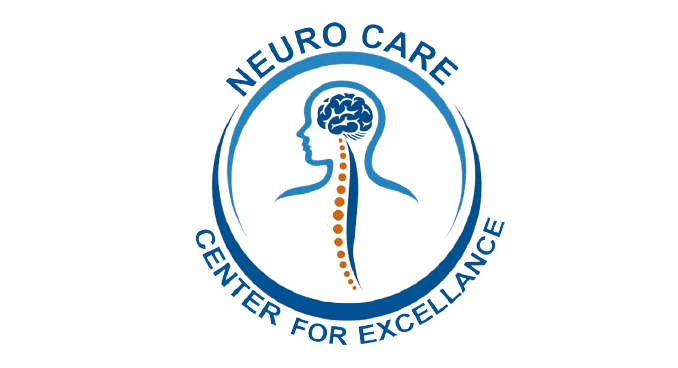
- HOME
- ABOUT
- FACILITIES
- HEALTH CARE
- CONTACT
- APPOINTMENT
-
 +91 99430 14100
+91 99430 14100
 Velavanhealthcenter@gmail.com
Velavanhealthcenter@gmail.com

It is a test that detects electrical activity in your brain using small, metal discs (electrodes) attached to your scalp.
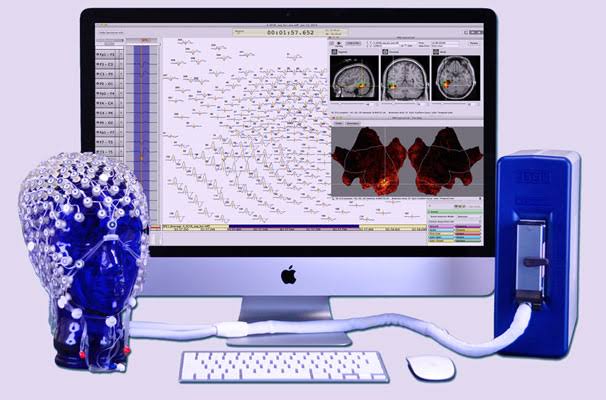
EMG is a diagnostic procedure that evaluates the health condition of muscles and the nerve cells that control them.
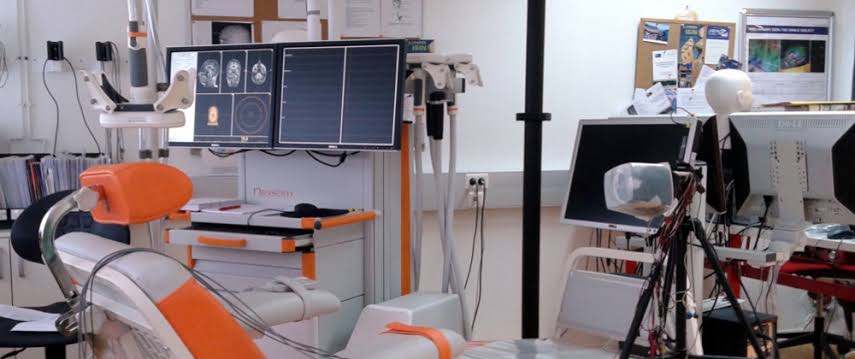
The Neurophysiology Laboratory provides a full range of neurophysiologic tests for use in assessing diseases of the central nervous system.

It helps people to restore, maintain and maximize their physical strength, function, motion and overall well-being by addressing the underlying physical issues.
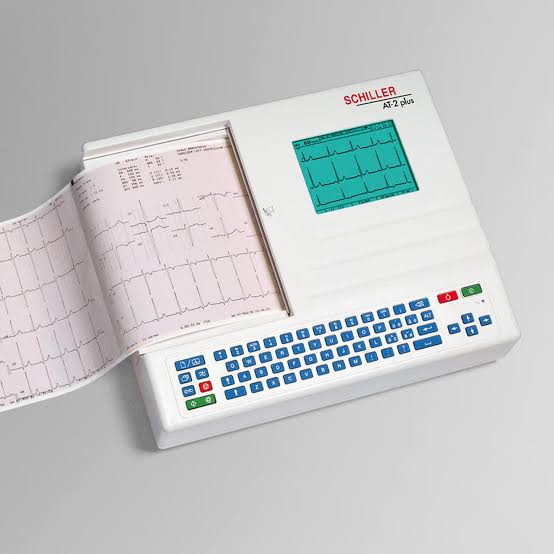
An ECG records the electrical signal from your heart to check for different heart conditions. Electrodes are placed on your chest to record your heart’s electrical signals, which cause your heart to beat.
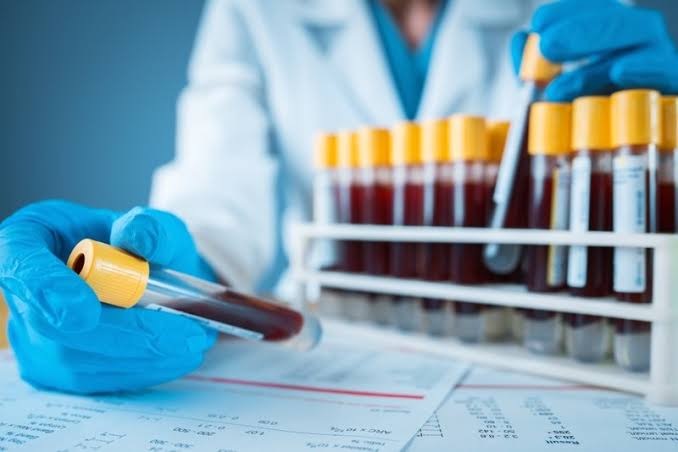
A blood test is a laboratory analysis performed on a blood sample that is usually extracted from a vein in the arm using a hypodermic needle, or via fingerprick.
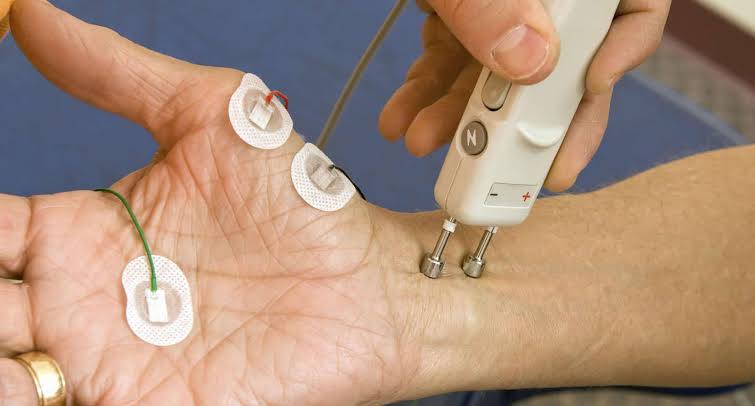
Find & evaluate damage to all the nerves that lead away from the brain and spinal cord to the smaller nerves that branch out from them. Help diagnose nerve disorders, such as carpal tunnel syndrome or Guillain-Barre syndrome.
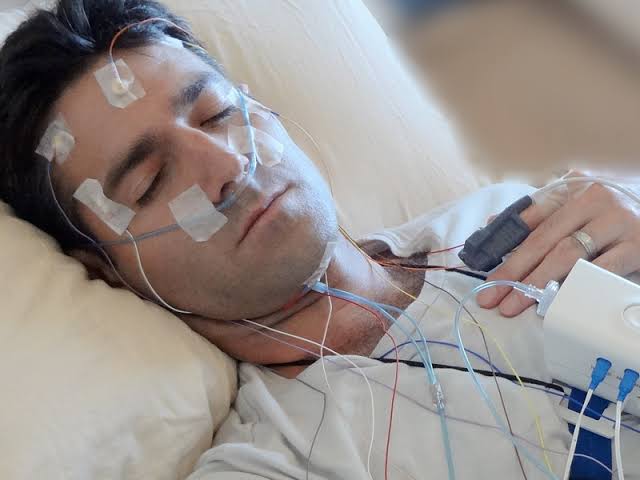
Polysomnography, also called sleep study, is a comprehensive test used to diagnose sleep disorders. Polysomnography records your brain waves, the oxygen level in your blood, heart rate and breathing, as well as eye and leg movements during the study.
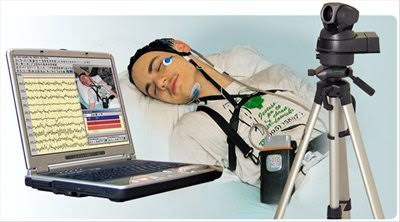
A video EEG records what you are doing or experiencing on video tape while an EEG test records your brainwaves. The purpose vis to be able to see what is happening when you have a seizure or event and compare the picture to what the EEG records at the same time.